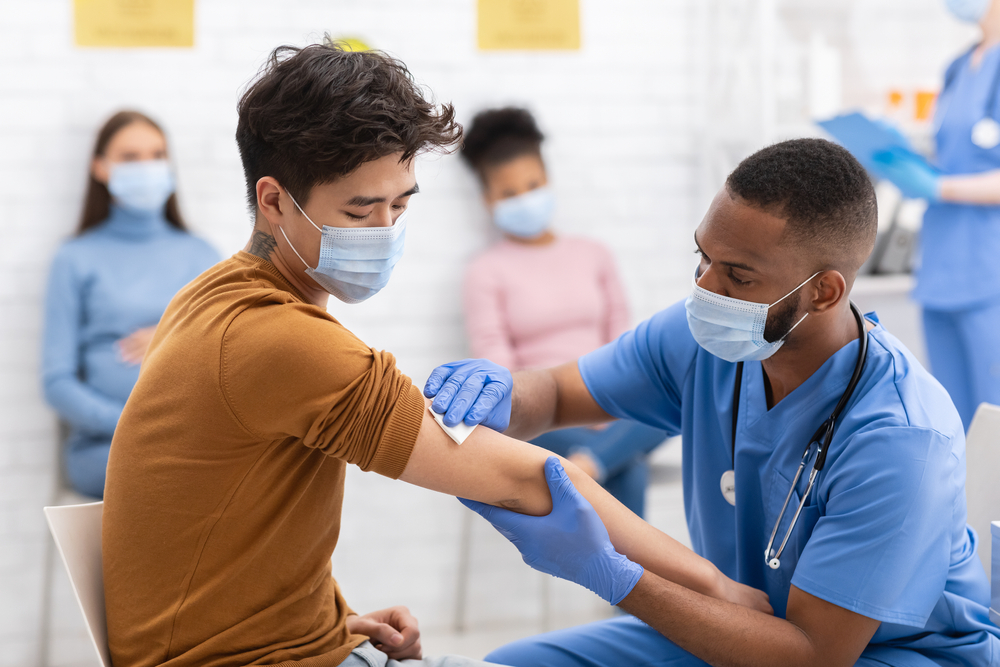
Past GSA Evaluations Can Help Inform Current COVID-19 Vaccination Efforts
Post filed in: Office of Evaluation Sciences
COVID-19 relief and recovery is a top priority for the Administration, and GSA plays an important role. We are working with our agency and industry partners to help stop the spread of COVID-19 and protect the American public.
You may know GSA delivers safe workplaces wherever our federal workforce serves, responsive acquisitions to ensure mission success, and technology platforms and products for effective public service.
What you may not know is the work we do to ensure better government management practices and policymaking, informed by data and evidence. One example of this work involved identifying ways to increase routine vaccination, done by the Office of Evaluation Sciences (OES).
Office of Evaluation Sciences (OES)
OES is an interdisciplinary team of experts, housed within the GSA Office of Government-wide Policy, that translates and tests evidence-based insights into concrete recommendations for how to improve government.
OES has conducted eight evaluations encouraging routine vaccination, with a median sample size of 55,000 recipients, working with state departments of health and U.S. Department of Veterans Affairs health facilities. OES’s evaluations were embedded within ongoing vaccination outreach efforts with these organizations, meaning that interventions could be done rapidly and at little to no cost.
These evaluations were conducted to boost vaccination rates and encourage routine vaccinations for Influenza and other recommended child and adult vaccinations. Examples of the interventions OES designed alongside our agency collaborators include:
- postcards and letters testing different messages,
- immunization compliance report cards sent to schools and daycare centers, and
- redesigned clinical reminders in a VA electronic health record system.
This work produced lessons that can inform COVID-19 vaccination efforts. For example, we learned that direct communications can increase vaccination rates, but with a smaller impact than previously thought. The work also revealed that vaccination programs can do rapid and transparent evaluations without slowing down vaccination efforts.
The COVID-19 vaccine rollout is an ideal time to build on these lessons and continue to generate evidence around how to boost vaccination uptake.

 U.S. General Services Administration
U.S. General Services Administration
